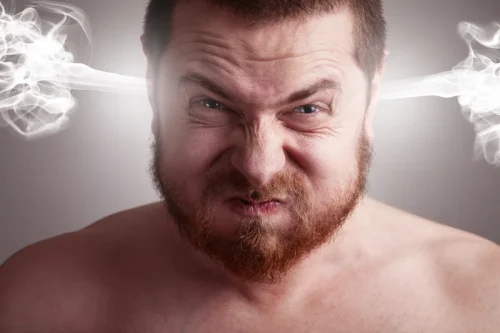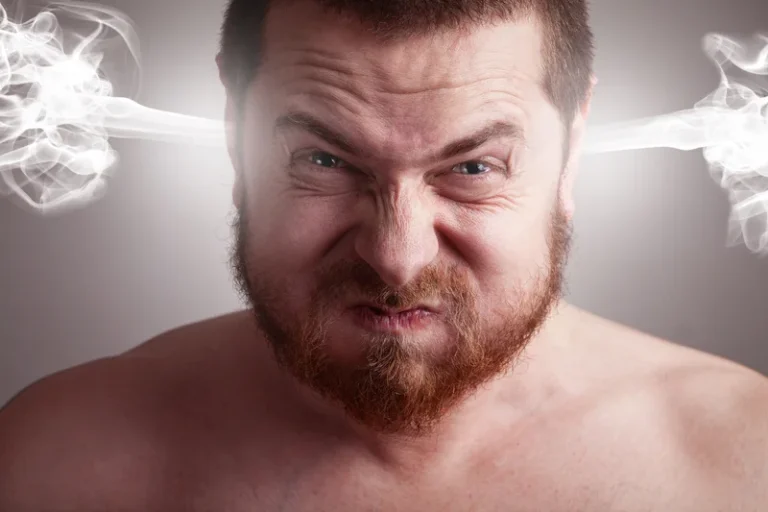
And if you have a physical dependence on alcohol, then you’re likely to go through withdrawal if you stop drinking. In https://ecosoberhouse.com/ alcohol withdrawal treatment, medical interventions play a crucial role in ensuring the safety and comfort of the individual. Healthcare professionals closely monitor vital signs, such as blood pressure, heart rate, and temperature, to detect and manage any potential complications.

Stage 4: 72 Hours to Several Months After Quitting
- Alcohol withdrawal is one of the most dangerous types of withdrawal, and can even cause death in rare cases.
- Family and group therapy sessions provide additional support, allowing individuals to share their experiences, learn from others, and build a strong support network.
- During that time, you will engage in therapy sessions until your program is complete.
- Recognizing and responding to these symptoms early can prevent complications and ensure a smoother detox process.
“By day five, I started exercising, and by day seven, I cranked the intensity up from there. My skin and eyes look better, and the bloated stomach is starting to recede.” “I am starting to feel more human. The exhaustion has gone away, and my concentration seems better.” “I’m feeling fantastic. I have lost weight, and my skin looks amazing I suffered from rashes all over my body and face. My energy and confidence are back. It is wonderful.”
Signs of Heroin Addiction: Physical, Behavioral, & Psychological Indicators

Treatment centers that specialize in dual diagnosis are best equipped stage 3 alcohol withdrawal symptoms to handle such patients. Knowing what to expect and how to manage alcohol withdrawal symptoms will prepare individuals who resume drinking. Acute withdrawal symptoms include tremors, sweating, nausea, and vomiting.
More about delirium tremens
Alcohol is normalized in our society, but it’s actually a drug that has incredibly harmful effects on Drug rehabilitation our health. Instead of being digested like regular food or drinks, alcohol is quickly absorbed into the bloodstream, which is why it makes us feel so uninhibited when we drink it. Alcohol detox is the body’s process of adjusting to the absence of alcohol in the blood. There are many resources available for anyone who is ready to stop drinking for good, or who wants to reduce the harm alcohol is causing in their life by cutting down. As you continue to commit to long-term recovery, support group meetings like Alcoholics Anonymous (AA) or online support communities might be helpful.
- Withdrawal symptoms are symptoms that occur when a person who is physically dependent on alcohol reduces or stops drinking.
- The severity of alcohol withdrawal depends on the several factors, including the duration and extent of alcohol consumption.
- These first few weeks are critical because they are when the risk of relapse is highest.
- Due to these dangers, medical supervision is necessary for managing severe alcohol withdrawal.
- In a medical detox program, medical professionals will monitor patients for symptoms of DTs, potentially prescribing benzodiazepines to manage withdrawal.
- Delirium tremens is a severe, life-threatening form of withdrawal that occurs in a minority of individuals but requires immediate intensive medical care.
- Alcohol withdrawal is a serious and potentially life-threatening process that occurs when someone who has been drinking heavily suddenly stops or significantly reduces their alcohol intake.
Stage 4: Post-Acute Withdrawal Syndrome (PAWS) (Weeks to Months After Detox)

Some milder symptoms, such as mood changes, fatigue, and sleeplessness, may continue, which is referred to as post-acute withdrawal syndrome (PAWS). AWD requires immediate medical attention; the condition is fatal for the estimated one in 20 people who develop it. While DT is less common, its high mortality rate makes emergency care paramount.

Understanding the stages of alcohol withdrawal
- Overcoming the psychological aspects of addiction takes time, but with proper support, it can be an empowering and transformative experience.
- Gill is the owner of the Sober Powered Media Podcast Network, which is the first network of top sober podcasts.
- Many people decide to attend a PHP or IOP while residing in a sober living facility.
- This stage marks a shift from primarily physical symptoms to more psychological challenges.
- People can experience a wide range of symptoms—ranging from mild to moderate to severe—that start and stop at different times for each person.
- Individual therapy can also help build resilience and strategic skills to deal with triggers.
It’s important to know that withdrawal symptoms can be different for each person. It’s best to talk to a healthcare provider for personalized support and guidance during this time. You can transition from alcohol detox to addiction treatment by enrolling in inpatient rehab, outpatient programs, therapy, or support groups to ensure long-term recovery. It is the first step in addiction recovery, helping to manage withdrawal symptoms and prevent complications.

